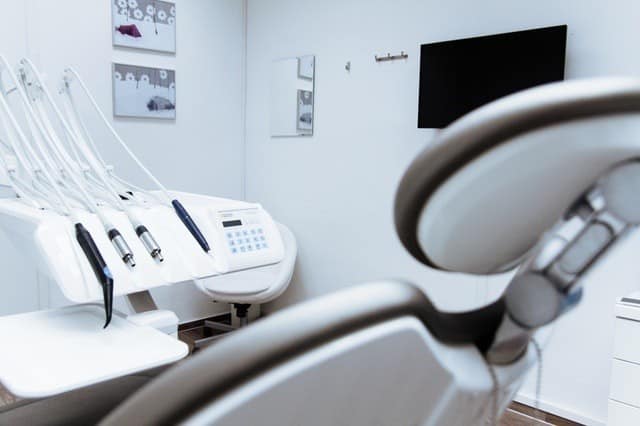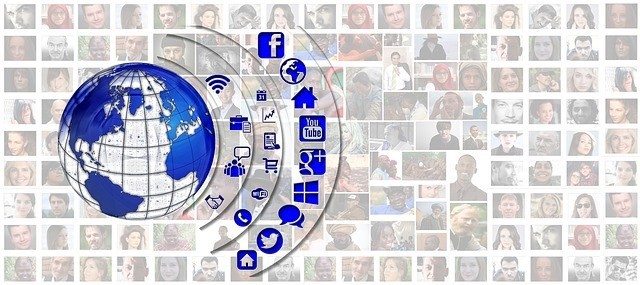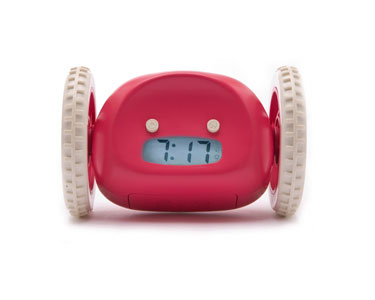There is no doubt that technology has come a long way in recent years. Whether referring to lightning-fast 4G smartphone speeds or wireless Internet that can now reach even the most remote locations, the fact of the matter is that such advancements continue to shape our lives on a daily basis. It is still important to mention the impacts that such innovations will have on our health and how common ailments are treated. As fantasy becomes a reality, countless lives are now being saved. What can we expect to see in the coming years? From 24-7 health tracking and automated alerts to online-based doctors and remote surgery, the future looks like an interesting place with sites like Quick Doctor.
Wearable Health Technology
This is arguably the most well-known trend, and we have already witnessed its emergence within several industries. Smartwatches enable us to count how many steps we walk, to determine the number of calories burned and to observe our maximum heart rate during a session of high-intensity exercise. However, these gadgets will take such abilities to the next level in the years to come. Future wearable devices will likely incorporate other programs to provide helpful alerts for those with chronic medical conditions such as high blood pressure, diabetes or heart issues. They can then seek out the help of a medical professional if required.
Remote Surgery
Many fiction writers envisioned a day when a surgeon would be able to operate on a patient from thousands of kilometres away. You may be surprised to learn that such a dream has already become a reality. Thanks to remote imaging techniques alongside superior wireless technology, even those who are living in remote corners of the globe can have access to life-saving surgeries. Of course, this rather new method is still gaining ground. It should become more prevalent in the next decade.
Computer-Aided Imaging Techniques

One of the issues associated with past medical approaches is that their monitoring techniques were not always able to spot a potentially serious condition. All of this began to change when CAT scan came into existence. Now, advanced imaging techniques such as positron emission tomography (PET) scanning and magnetic resonance imaging are available. These have been further enhanced through the use of incredibly advanced computer-aided technology. Doctors and surgeons alike now have the ability to spot even the tiniest of issues before they evolve into potentially deadly conditions. Early detection is the best way to prevent an unpleasant outcome.
Automatic Medical Alerts
Many individuals live alone. This can present a real problem in the event of a sudden medical emergency such as a stroke, a fall or a heart attack. Modern technology is beginning to be able to detect such instances (thanks to the wearable devices mentioned above). In the event that an emergency occurs, the authorities will be immediately notified. They will also be sent pertinent details such as any medication the patient may be taking or any present underlying conditions. Even some smartphones are now equipped with one-touch alert applications.
A Bright Future
Many analysts believe that we have only scratched the surface regarding what we can expect to emerge in the coming decades. As health technology becomes even further engrained within our daily existence, there is no doubt that more lives will be saved. It will be fascinating to see what the future may have in store regarding medical monitoring techniques.






